Refine listing
Actions for selected content:
2251 results in Cambridge Elements
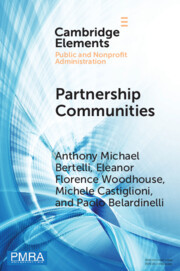
Partnership Communities
-
- Published online:
- 21 October 2021
- Print publication:
- 11 November 2021
-
- Element
- Export citation
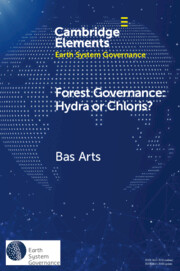
Forest Governance: Hydra or Chloris?
-
- Published online:
- 18 October 2021
- Print publication:
- 11 November 2021
-
- Element
-
- You have access
- Open access
- HTML
- Export citation
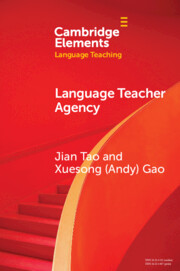
Language Teacher Agency
-
- Published online:
- 15 October 2021
- Print publication:
- 18 November 2021
-
- Element
- Export citation
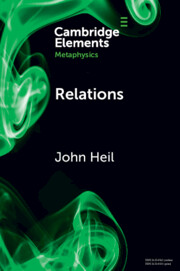
Relations
-
- Published online:
- 12 October 2021
- Print publication:
- 11 November 2021
-
- Element
- Export citation
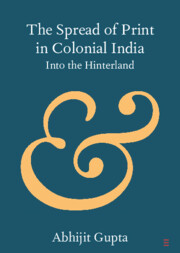
The Spread of Print in Colonial India
- Into the Hinterland
-
- Published online:
- 08 October 2021
- Print publication:
- 11 November 2021
-
- Element
- Export citation
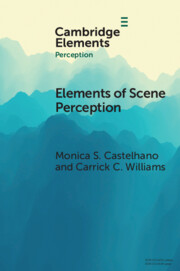
Elements of Scene Perception
-
- Published online:
- 06 October 2021
- Print publication:
- 11 November 2021
-
- Element
- Export citation
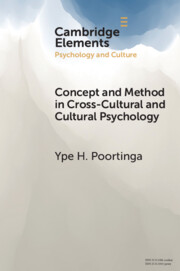
Concept and Method in Cross-Cultural and Cultural Psychology
-
- Published online:
- 04 October 2021
- Print publication:
- 04 November 2021
-
- Element
- Export citation
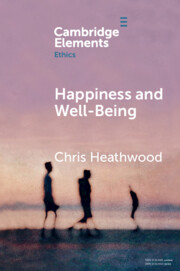
Happiness and Well-Being
-
- Published online:
- 01 October 2021
- Print publication:
- 04 November 2021
-
- Element
- Export citation
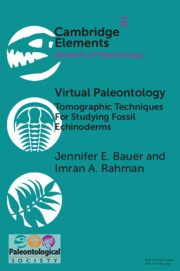
Virtual Paleontology
- Tomographic Techniques For Studying Fossil Echinoderms
-
- Published online:
- 29 September 2021
- Print publication:
- 11 November 2021
-
- Element
- Export citation
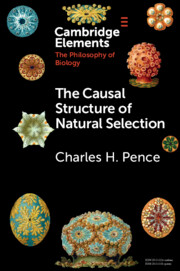
The Causal Structure of Natural Selection
-
- Published online:
- 28 September 2021
- Print publication:
- 04 November 2021
-
- Element
- Export citation
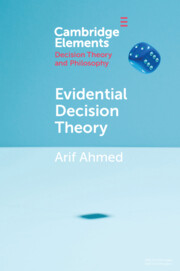
Evidential Decision Theory
-
- Published online:
- 24 September 2021
- Print publication:
- 21 October 2021
-
- Element
- Export citation
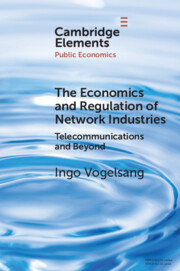
The Economics and Regulation of Network Industries
- Telecommunications and Beyond
-
- Published online:
- 24 September 2021
- Print publication:
- 04 November 2021
-
- Element
- Export citation
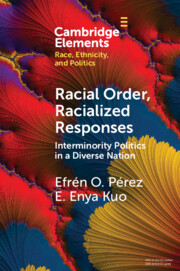
Racial Order, Racialized Responses: Interminority Politics in a Diverse Nation
-
- Published online:
- 24 September 2021
- Print publication:
- 04 November 2021
-
- Element
- Export citation
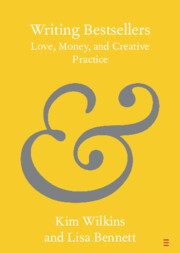
Writing Bestsellers
- Love, Money, and Creative Practice
-
- Published online:
- 23 September 2021
- Print publication:
- 21 October 2021
-
- Element
- Export citation
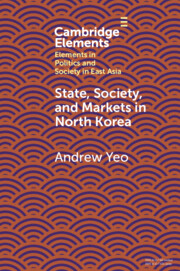
State, Society and Markets in North Korea
-
- Published online:
- 21 September 2021
- Print publication:
- 04 November 2021
-
- Element
- Export citation
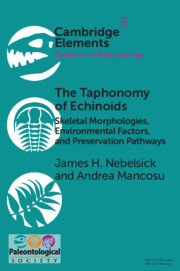
The Taphonomy of Echinoids
- Skeletal Morphologies, Environmental Factors, and Preservation Pathways
-
- Published online:
- 21 September 2021
- Print publication:
- 21 October 2021
-
- Element
- Export citation
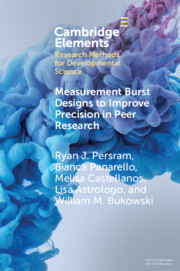
Measurement Burst Designs to Improve Precision in Peer Research
-
- Published online:
- 20 September 2021
- Print publication:
- 14 October 2021
-
- Element
- Export citation
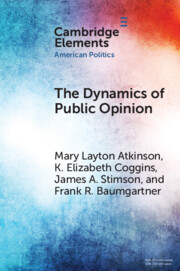
The Dynamics of Public Opinion
-
- Published online:
- 20 September 2021
- Print publication:
- 11 November 2021
-
- Element
- Export citation
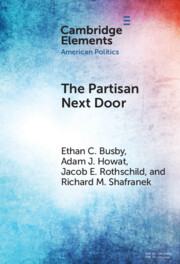
The Partisan Next Door
- Stereotypes of Party Supporters and Consequences for Polarization in America
-
- Published online:
- 16 September 2021
- Print publication:
- 07 October 2021
-
- Element
- Export citation
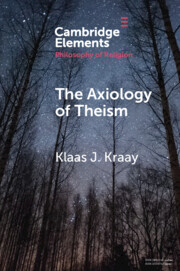
The Axiology of Theism
-
- Published online:
- 16 September 2021
- Print publication:
- 14 October 2021
-
- Element
- Export citation
